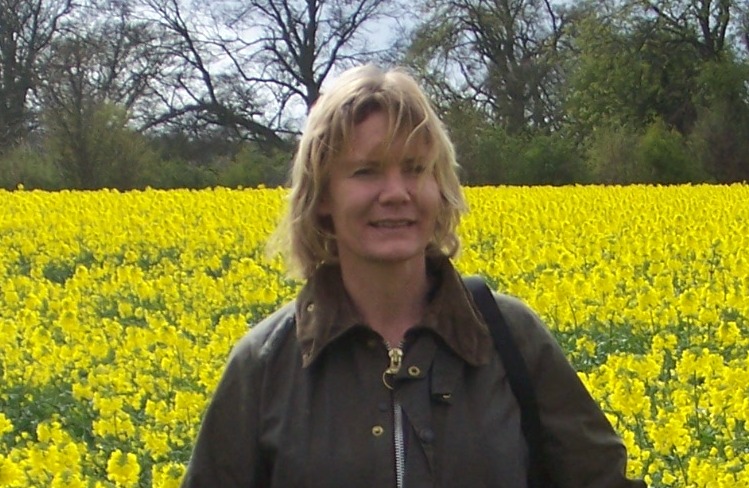
As late season diseases in oilseed rape start to develop and require treatment, some growers are pointing towards the fungicide Compass for cost-effective and persistent disease protection.
According to BASF’s Agronomy Manager Clare Tucker, Compass gave outstanding control of Sclerotinia in last year’s HGCA fungicide performance trials when disease pressures were very high. "In these independent trials Compass reduced the percentage of plants infected by Sclerotinia from 25% in the untreated down to just 5% and its use resulted in an outstanding yield response of over 2 t/ha, when used at full rate. It was one of the top performing fungicides, along with Filan."
Containing iprodione and thiophanate-methyl, Compass has been well known for its good activity on Alternaria and Botrytis, but when it was targeted at Sclerotinia last year, it provided cost-effective and persistent control. "Both actives are contributing to disease control. Rates of 2–2.5 l/ha give the best persistence, with the higher rate being used where Alternaria is the key target."
Last year several waves of Sclerotinia attacked the rape crop and persistence was a key feature of any successful treatment, according to Ms Tucker. "This year crops are showing a lot of variability within the population, plus each plant is showing an imbalance between main raceme and lateral racemes. Because of this variability, flowering is likely to be prolonged and the persistence that both Compass and Filan can provide will be an absolute necessity to keep on top of these late diseases and protect what is now a very valuable crop."
According to the latest BASF/ADAS Sclerotinia Monitoring Bulletin available on the www.totaloilseedcare.com web site, sclerotia germination has now started at four out of the five sites, leaving just High Mowthorpe, which is generally a late site, with no activity as yet.
Clare Tucker explains that the cool April temperatures delayed germination, but as temperatures rise, spore release and disease risks will start to increase. She also reports on the latest results of the new petal tests that are being carried out this year as a complementary service to the sclerotia germination tests. "These petal tests are indicating that some crops are already at risk, despite low sclerotia germination, and they will justify fungicide treatment when they are at early to mid-flowering. The petal test in Boxworth, Hereford and Romney Marsh were conducted in early to mid April when the first plants started to flower and Sclerotinia has been found at all three sites. The West Midlands site has between 35-65% petals affected. A 25% petal infection has resulted in significant sclerotinia stem infection and this is regarded as a guiding threshold."
Clare points out that Compass is compatible with a range of pyrethroid insecticides including Contest. "This mix may be used at flowering but applications should be made in the late evening, early morning or dull weather when bees are not actively foraging in the crop. Local beekeepers should be advised of the intention to spray," concludes Ms. Tucker.
Compass contains 167 g/l iprodione and 167 g/l thiophanate-methyl formulated as a suspension concentrate, packed in a 5 litre pack. It is recommended in oilseed rape for the control of dark leaf and pod spot (Alternaria brassicae), grey mould (Botrytis cinerea), Sclerotinia stem rot and late light leaf spot (Pyrenopeziza brassica). Compass has protectant and systemic activity. It has a harvest interval of three weeks and has no LERAP.
For further comment and information please contact;Clare Tucker, BASF on 07768 687707 (mobile)
